NGOs call for new EU Climate and Water Resilience Law
On 26 October, a coalition of six NGOs grouped under the umbrella of Living Rivers Europe published a position paper calling for a more resilient Europe.
Read press release from WWF :
“Six NGOs call for a new EU Climate and Water Resilience Law to address the climate and water crises”
A coalition of six NGOs is asking for a new “EU Climate and Water Resilience Law” that prioritises restoring and protecting freshwater ecosystems to ensure clean and sufficient water for drinking and sustainable farming. The NGO call comes as the European Economic and Social Committee holds a high-level “Call for an EU Blue Deal” conference today, and it follows the European Commission’s announcement that it will present an Initiative for Water Resilience in the first quarter of 2024.
Freshwater ecosystems have been overexploited for decades, severely degrading their health and undermining Europe’s resilience to the fast-growing consequences of climate change: increased drought, floods and fires, while also driving massive biodiversity and habitat loss. The new EU Climate and Water Resilience Law supported by the NGOs would create a network of natural Water Reserves to protect critical water supplies and their catchments in water-stressed areas, provide adequate finance for protecting and restoring natural “sponge” landscapes, and contribute to setting sectoral water efficiency and water abstraction targets for all water users at basin level.
“Rather than calling for an EU Blue Deal which relies heavily on grey infrastructure, we need to continue implementing the Green Deal and accelerate efforts to safeguard water for nature and for people,” says Claire Baffert, Senior Water Policy Officer at WWF’s European Policy Office and Chair of the Living Rivers Europe coalition. “We urge the European Commission to draw up a new EU Climate and Water Resilience Law that ensures clean and sufficient water for people by securing healthy freshwater ecosystems for nature.”
The NGOs caution against turning to concrete infrastructure in a bid to temporarily fix water shortage and flood problems: “Building new dams, channelling riverbeds or implementing large-scale water transfers only increases our vulnerability to climate change impacts in the future. Instead, natural ecosystems including free-flowing rivers, restored floodplains, wetlands and peatlands need the space and freedom to do their job of absorbing, filtering and storing water, and providing vital habitats for nature,” Paul Brotherton, Freshwater Manager at Wetlands International Europe.
In the position paper for water resilience, the coalition also calls for the full enforcement of the Water Framework Directive, climate adaptation to be integrated into all EU policies and an end to subsidies that harm freshwater.
Download the document : https://wwfeu.awsassets.panda.org/downloads/climate-and-water-crisis-report_web-final.pdf
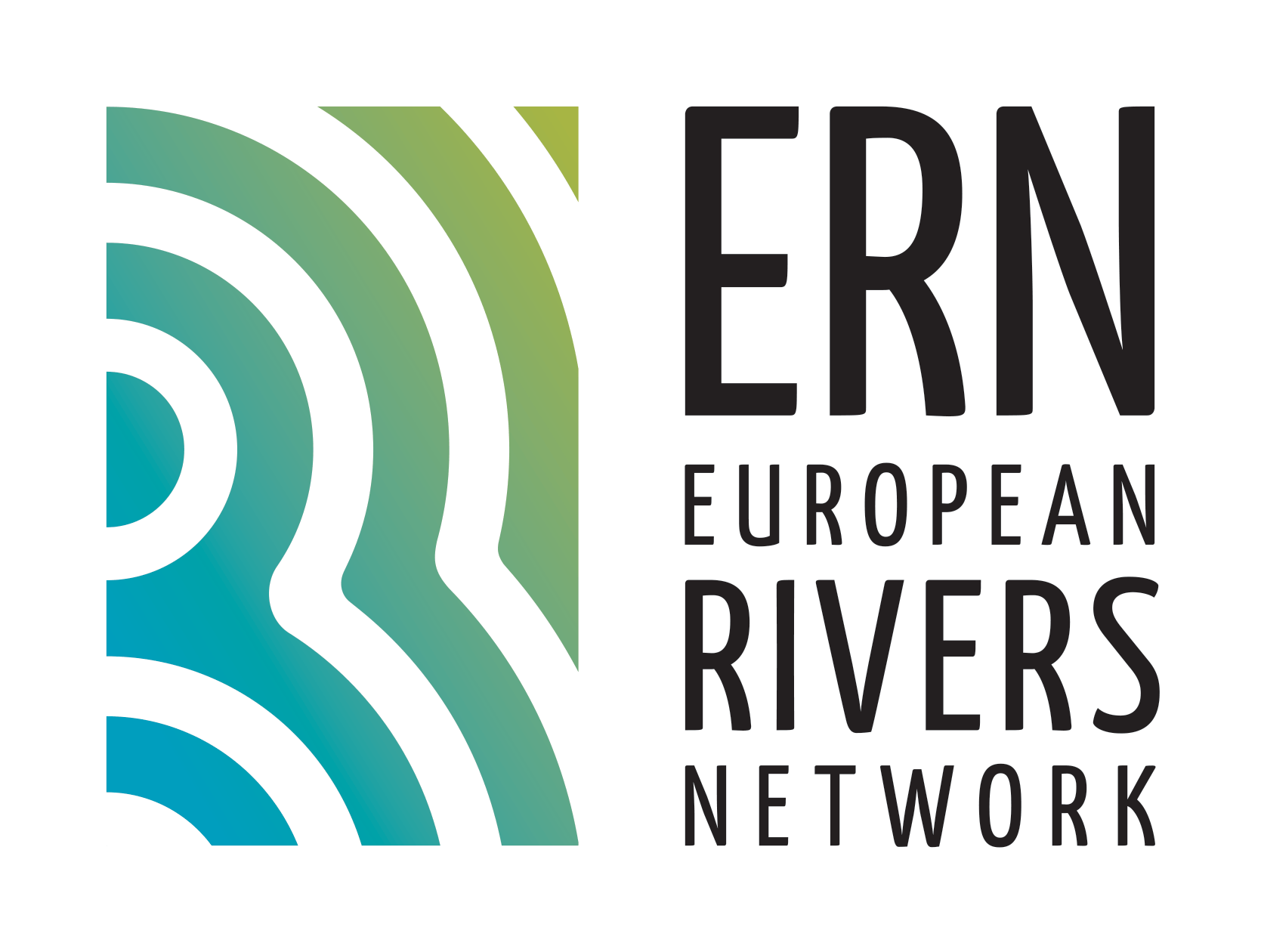
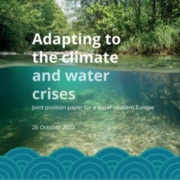
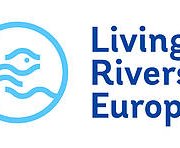
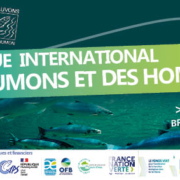
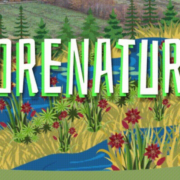

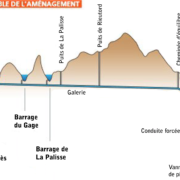
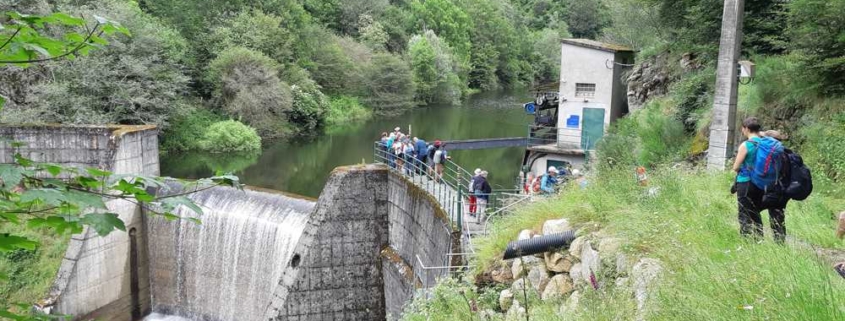
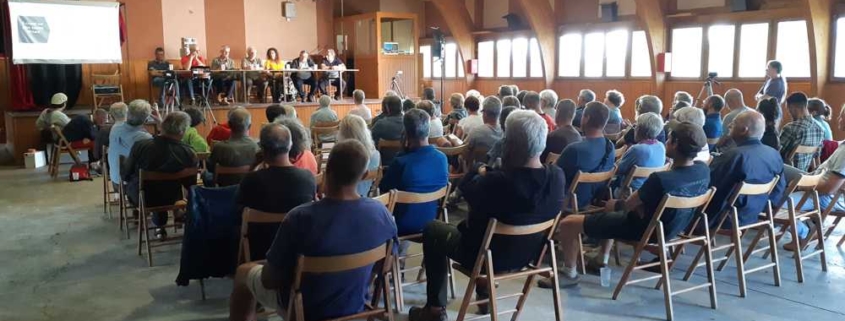
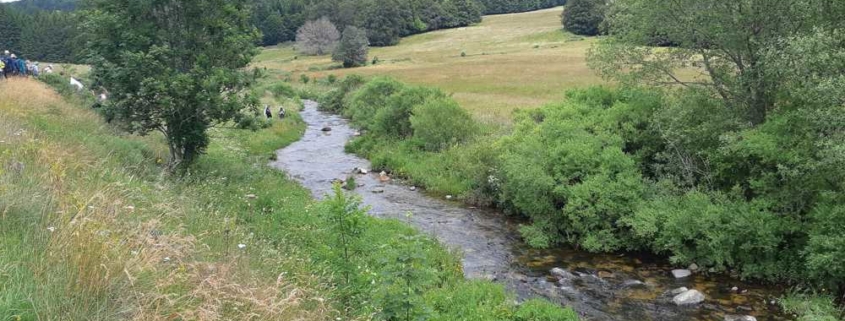
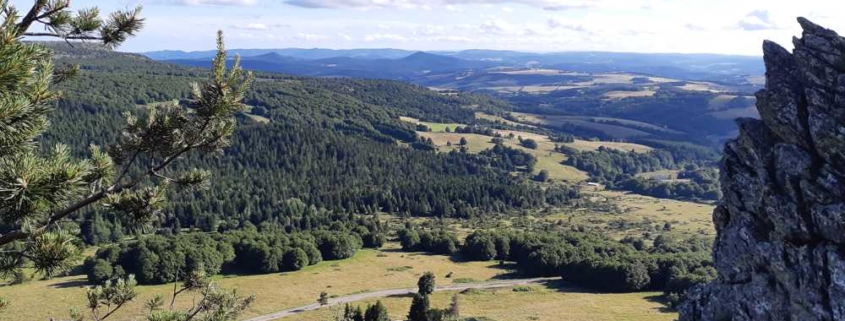
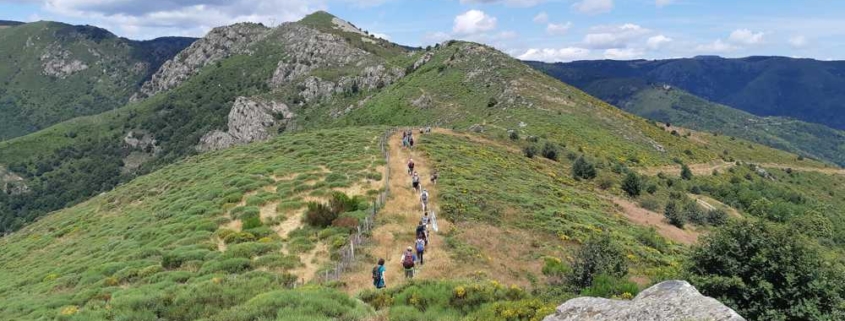
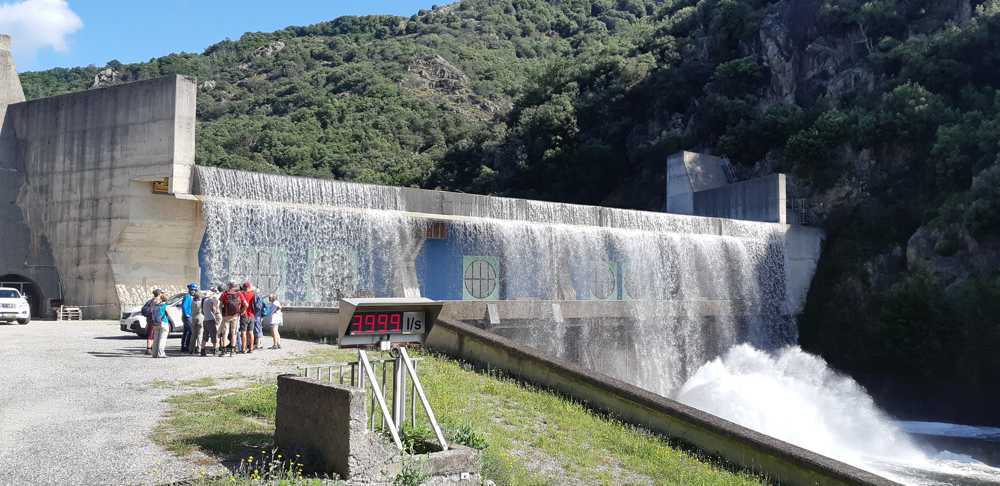
 ERN France
ERN France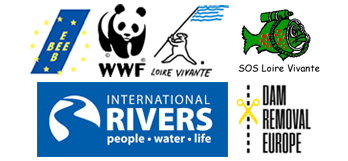 ERN is the official WWF Freshwater Partner in France and cooperates with WWF Switzerland, Austria, Netherlands and others
ERN is the official WWF Freshwater Partner in France and cooperates with WWF Switzerland, Austria, Netherlands and others